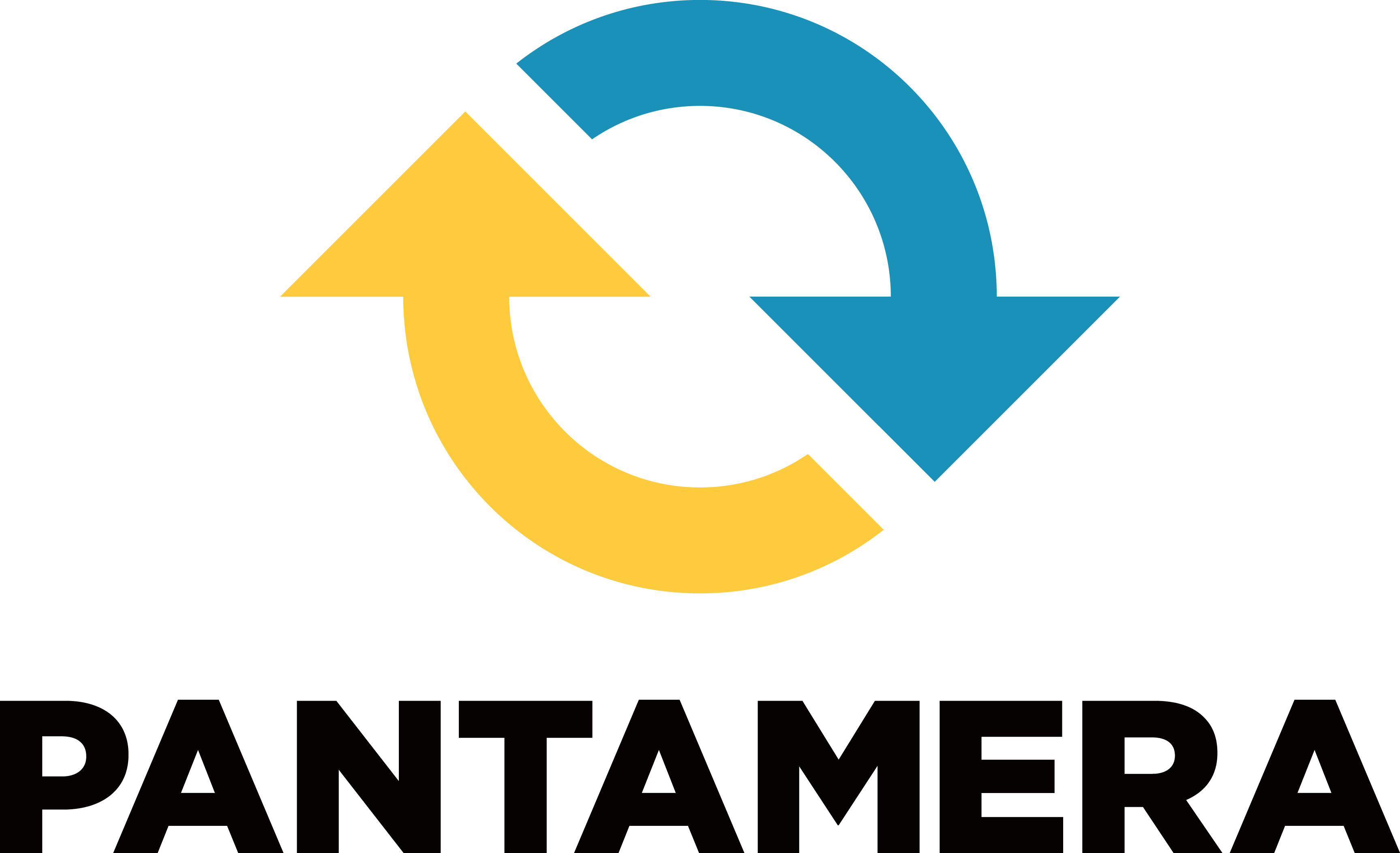Whistleblower Service
Returpack strives for an open corporate climate and high business ethics. Our employees play a key role in identifying any deviations from our values and business ethical guidelines that need to be corrected.
Our whistleblower service offers an opportunity to confidentially alert the organization to suspicions of irregularities. The whistleblower service is important for reducing risks and promoting high business ethics, thereby maintaining customer and public trust in our operations. Whistleblower reports can be submitted openly or anonymously.
The purpose of these guidelines is to facilitate reporting of suspicions of deviations from our business ethical guidelines without risk of retaliation.
When can the whistleblower service be used?
The whistleblower service can be used to warn of serious risks of irregularities that may affect people, our organization, society, or the environment.
Cases reported may contain information about criminality, irregularities, and violations or other actions that violate EU or national legislation in a work-related context, such as the following:
- Corruption and financial irregularities, such as bribery, unfair competition, money laundering, fraud, and conflicts of interest
- Crimes related to health and safety, such as work environment, product safety, serious discrimination, and harassment that violate the law
- Environmental crimes, such as illegal handling of hazardous waste
- Privacy violations, such as misuse of personal data
For issues related to dissatisfaction in the workplace or similar matters, employees are primarily asked to contact their manager or supervisor, as these issues cannot be investigated within the scope of the whistleblower service.
A whistleblower does not need to have proof of their suspicion. However, no accusations may be made with malicious intent or with knowledge that the accusation is false. Misuse of the system is a serious disciplinary offense.
Different ways to report misconduct
Option 1: Contact a manager within the organization
Option 2: Contact the person responsible for the whistleblower service: HR Manager
Option 3: Communicate anonymously or confidentially through Returpack's whistleblower service. It is possible to submit a case in writing or orally in the reporting channel. Reporting can also be done via voicemail: 0771-402148
Option 4: Report via external reporting channels to the competent authority. More information can be found on the website of the Swedish Authority for Privacy Protection (IMY).
Investigation Process
Administration of the whistleblower service
Returpack's whistleblower service is a secure system provided by the independent party KPMG AB ("KPMG"). KPMG's whistleblower service is completely separate from Returpack's intranet and external website and can receive reports around the clock.
The reporting person can choose to report anonymously or to provide their personal information. No account registration is needed to make a report, but registration facilitates further investigation of the case and/or follow-up of the case status. To ensure the anonymity of the reporting person, KPMG does not save IP addresses or other metadata. The system also protects the report and any information about the person or persons whose identity is revealed in the report.
How is reporting done?
- A report is submitted by the person who wants to report filling out a form in KPMG's whistleblower service. Reporting can also be done via voicemail: 0771-402148. Through KPMG's whistleblower service or voicemail, the reporting person can also request to report at a physical meeting.
- If the reporting person wishes to continue the dialogue and/or follow the status of the case, the reporting person is assigned a unique case number and password to follow the case in KPMG's whistleblower service. The information needs to be saved securely.
- KPMG's reception unit receives the case (and confirms receipt if the reporting person has created an account for further contact or provided contact information in another way).
- KPMG's reception unit makes an initial assessment of the case.
- The report and the initial assessment are forwarded to the predetermined contact persons within Returpack for further handling and action planning. KPMG ensures that a report is not forwarded to anyone within Returpack who is affected by the report. Returpack's internal whistleblower team consists of the CEO, HR Manager, Administrative Manager, and Chairman of the Board.
- Returpack decides on any actions.
- Feedback is provided to the person who reported if the person has created an account or provided contact information in another way.
The reporting person receives confirmation from KPMG that the report has been received within seven days unless the reporting person has waived this confirmation or if there is reason to believe that confirmation would reveal the person's identity.
KPMG provides feedback to the reporting person to a reasonable extent on what actions have been taken and why within three months from the receipt of a report (or if no confirmation of receipt has been provided, seven days from the receipt of the report).
Investigation
All messages are handled seriously and in accordance with the guidelines for the whistleblower service.
- No one from the whistleblower team or any other person involved in the investigation process will attempt to identify the whistleblower.
- The whistleblower team can, if necessary, send follow-up questions through the anonymous communication channel.
- A message is not investigated by anyone who is involved or has a connection to the irregularities.
- Messages about whistleblowing are handled confidentially by the authorized parties.
- Internal or external expertise can be included in the investigation with the whistleblower's consent.
All whistleblower reports are handled in accordance with these guidelines.
Protection and Confidentiality
Whistleblower Protection
The persons protected by the whistleblower law are persons with a so-called work-related context to the business. This includes employees or other persons who are in some way active in or in connection with the business where the misconduct occurs. It also includes part-time employees, job applicants, and persons who have terminated their employment. The reporting person indicates their affiliation to the group in connection with reporting.
A person who expresses a genuine suspicion or concern according to these guidelines does not risk losing their job or suffering any form of sanctions or personal disadvantages as a result of their report. It does not matter if the suspicion turns out to be incorrect, provided that the whistleblower has acted in good faith.
Considering the integrity of the persons involved and other confidentiality issues, a whistleblower will be informed about the progress of the investigation.
In cases of suspected crime, the whistleblower will be informed that their identity may be disclosed during court proceedings.
What does the protection entail?
The protection entails a prohibition for Returpack to a) prevent or attempt to prevent reporting and to take b) retaliatory actions due to reporting. The protection also includes c) discharge from liability and the right to compensation for violations of the prohibitions.
- Preventive measures may consist of the business operator offering a benefit for someone not to consult with their employee organization.
- Retaliation includes, for example, dismissal, denial of promotion, changed job duties, changed workplace, salary reduction, and changed working hours.
- Protection in the form of discharge from liability means that a person who, by whistleblowing according to the law, violates a duty of confidentiality, cannot be held responsible for having violated the duty of confidentiality.
For protection in the form of discharge from liability, it is required that the reporting person had reasonable grounds to believe that reporting the specific information covered by the duty of confidentiality was necessary to disclose the misconduct.
Discharge from liability is not granted for intentional disregard of such confidentiality that, according to the Public Access to Information and Secrecy Act (OSL) (in swedish), restricts the right to communicate and publish information according to the Freedom of the Press Act or the Fundamental Law on Freedom of Expression, so-called qualified confidentiality, or disregard of confidentiality according to the Act (1971:1078) on defense inventions (in swedish).
Discharge from liability is also not granted when a reporting person discloses documents. However, discharge from liability applies if the reporting person orally or otherwise reports information from a document without disclosing the document.
If the reporting person commits a crime by obtaining information, the person is not protected. Crimes typically committed when obtaining information include theft, unlawful intrusion, data breach, espionage, or unauthorized handling of classified information.
Processing of Personal Data
Personal data is processed in accordance with our privacy policy




